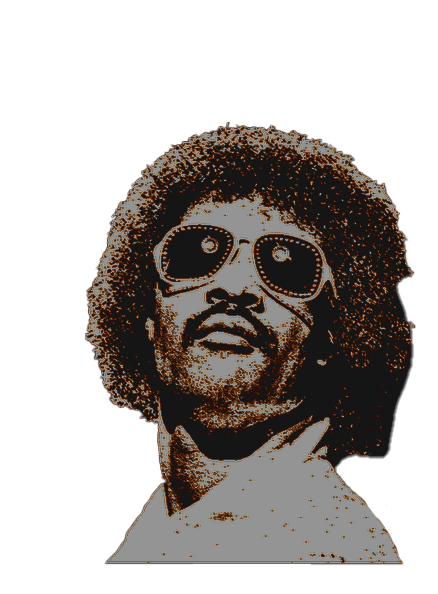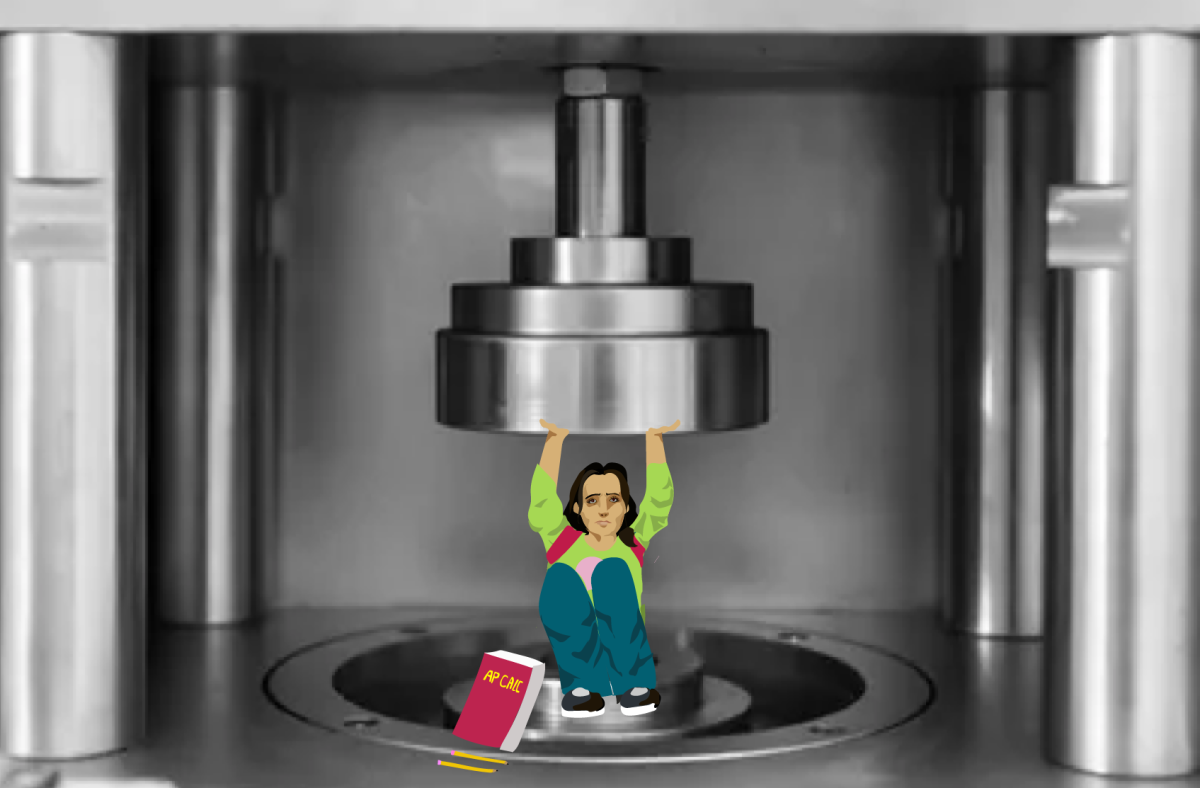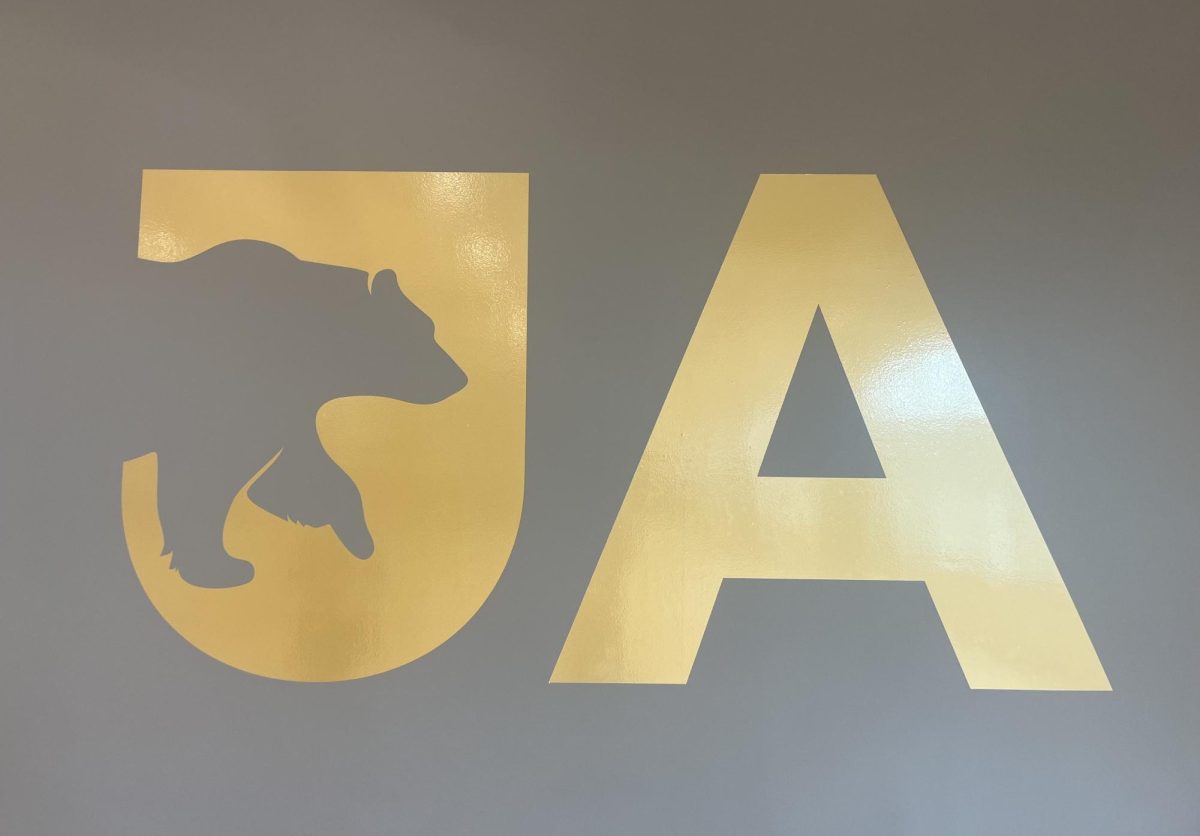On Monday, Jan. 20, 2025, Donald Trump (R) will be sworn in as America’s next president. The Presidential Inauguration will mark the transition from Democratic President Joe Biden’s administration to Trump’s. The Constitution’s only requirements for the inauguration are that the president-elect must take the oath of office prior to noon on Jan. 20 and that the oath shall be as follows: “I do solemnly swear (or affirm) that I will faithfully execute the office of the President of the United States, and will to the best of my ability, preserve, protect and defend the Constitution of the United States.” This oath is meant to protect against the president abusing their power. As America approaches that all-important transition, it’s worth examining the history behind those words and the deeper meaning they carry.
While the Constitution doesn’t require much, there are many traditions surrounding the inauguration. For example, having an inaugural ceremony and an inaugural address are not requirements – only traditions. These traditions, like many in America, date back to precedents set by George Washington. Washington was inaugurated on April 30, 1789, in New York City. This was before the inauguration date was set for Jan. 20 and before Washington, D.C. was the capital.
Another inaugural tradition said to date back to Washington is the tradition of adding, “So help me God” to the end of the oath. However, evidence of Washington having done this is shaky since the first account of him having added those words didn’t appear until decades later. The first confirmed instance of a president adding those words was at Chester Arthur’s inauguration in 1881. Today, this is a long-standing tradition, but it is still entirely up to the president- elect to request this addition to their oath.
While Washington may not have initiated the addition of “So help me God,” he did start the tradition of swearing in on a Bible. In fact, eyewitness accounts say that Washington engaged in a symbolic equivalent of adding “So help me God” by kissing the Bible he was sworn in on. However, while the vast majority of presidents have been sworn in on a Bible, it remains optional. Presidents such as John Quincy Adams have chosen to swear in without it. Adams used a book of U.S. laws instead. Many presidents, especially modern ones such as Barack Obama (D) and Donald Trump, used two stacked Bibles.
Another long-standing tradition was the outgoing president’s attendance at their successor’s inauguration. However, this tradition was broken for the first time since 1869, when Trump did not attend Biden’s inauguration in 2021. In contrast, Biden has said he plans to attend Trump’s second inauguration. The tradition of attending a successor’s inauguration is important because it marks the handing of the torch and the peaceful transfer of power. Trump’s refusal to partake in this tradition was symbolic of his overall refusal to concede the election and commit to ensuring that peaceful transfer. Part of preserving and protecting the Constitution is accepting the will of the American people.
While the traditions and spectacle serve to mark the transition in the public eye, the fact that the Constitution only addresses the oath itself shows its importance. Two examples that demonstrate this are what happens if a president dies in office and what happened when the oath was not spoken verbatim. In the event of the sitting president’s death, the vice president must rush to take the oath before they can perform any presidential duties. During Obama’s inauguration in 2009, Chief Justice John Roberts stumbled over his words causing Obama to reword parts of the oath and omit some words. Roberts was invited to the White House to re-administer the oath the next day. This is because botching the oath could lead to people questioning the president’s authority and call into question the legitimacy of all their actions. In the end, Obama took the oath of office four times over two terms. The second time, his inauguration date fell on a Sunday. While inaugural ceremonies aren’t held on Sundays, the oath must still be taken by noon on Jan. 20. The official oath occurs on Jan. 20 and is then repeated at the inauguration ceremony held later.
Though the inaugural ceremony is not mentioned in the Constitution, it has become a lasting tradition for good reason. It is a symbol of democracy at work. It reminds us how important a peaceful and respectful transition of power is to the foundational systems of the birthplace of democracy. The first time this transfer was truly tested was when Thomas Jefferson was sworn in following an extremely contested election in 1801. This marked the first transition between two political parties, known at the time as the Federalists and the Republicans. In his inaugural address, Jefferson emphasized many issues that are still at play today such as the divisiveness of politics and political violence. He famously proclaimed,
“We are all Republicans. We are all Federalists,” because “every difference of opinion is not a difference of principle.”
Over 200 years ago, America was struggling with many of the same issues as today, but the peaceful transfer of power marked by the oath of office serves as a bedrock protection against that centuries- old divisiveness. The oath doesn’t fully prevent presidents from overstepping, but it is one of the many protections put in place in case they do. It reminds the American people that presidents are still accountable to them and it marks the peaceful transition of power that remains the most vital part of our democratic system.







